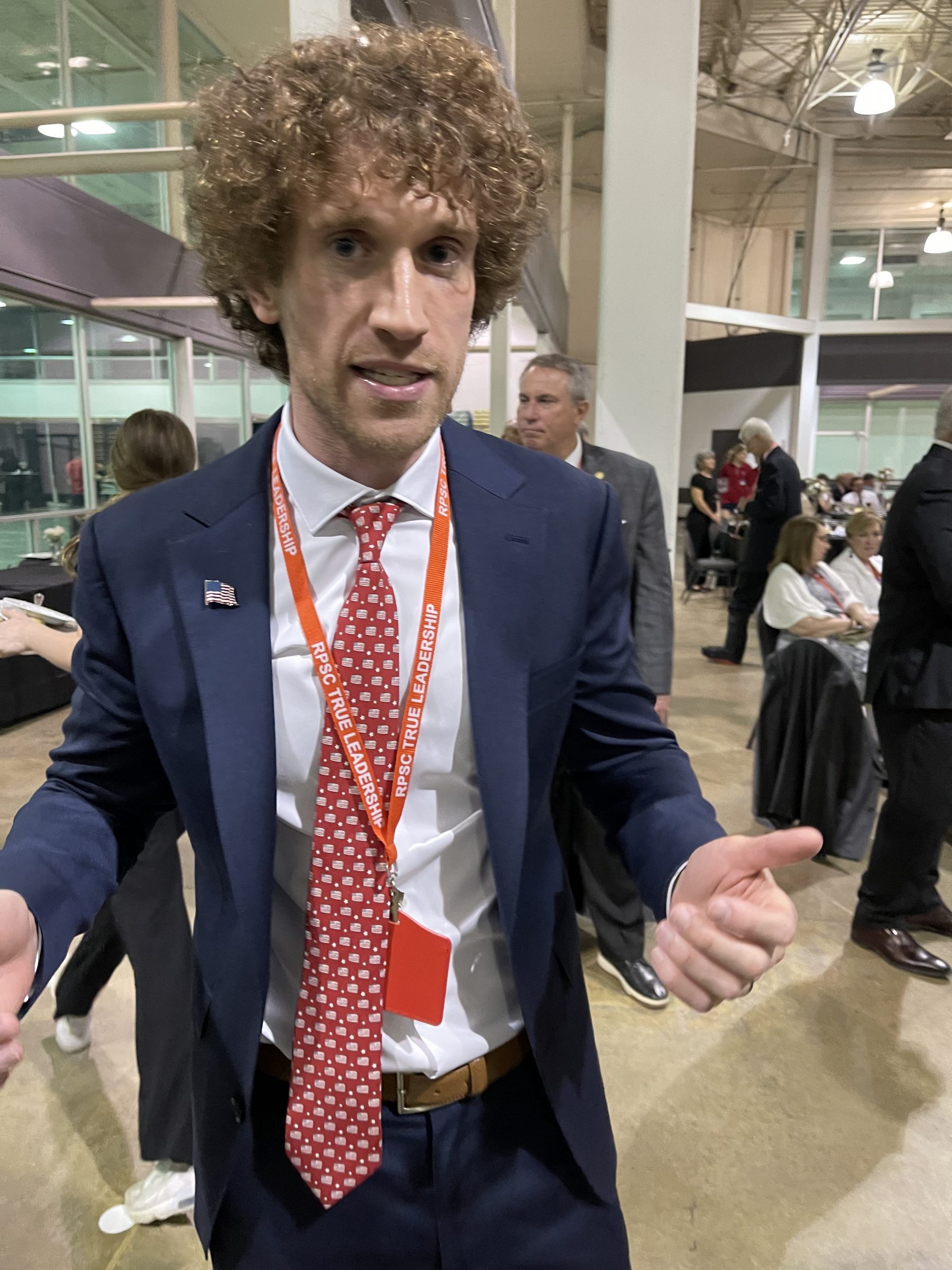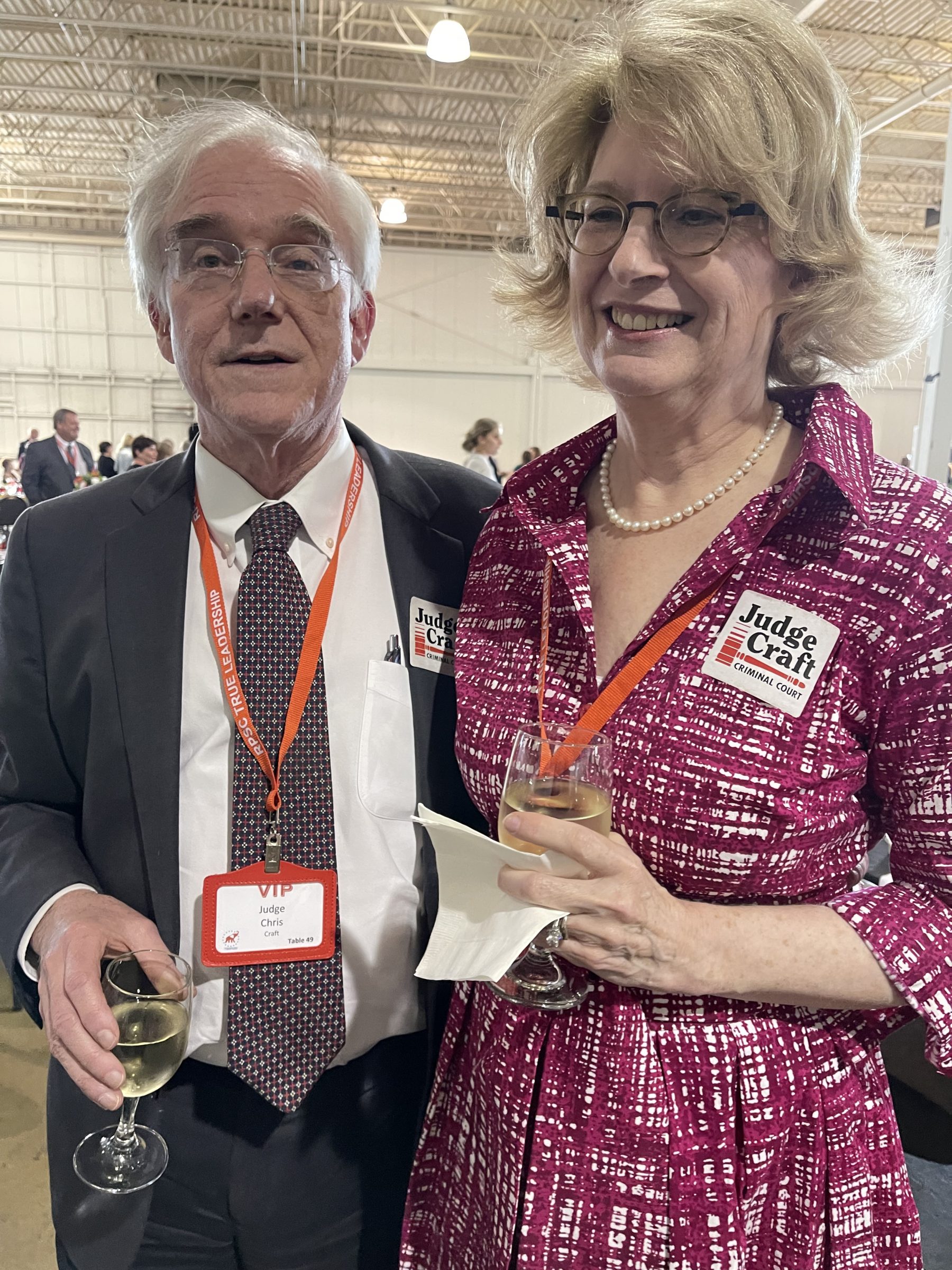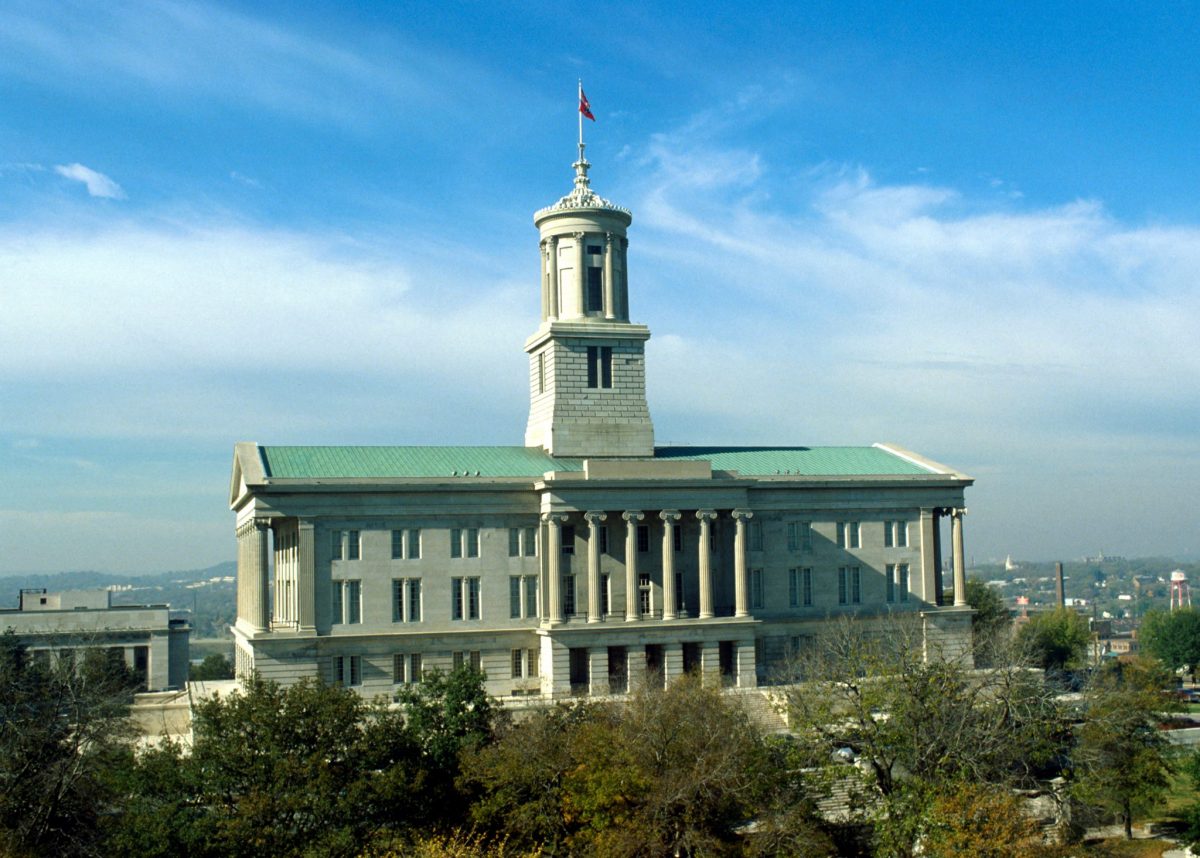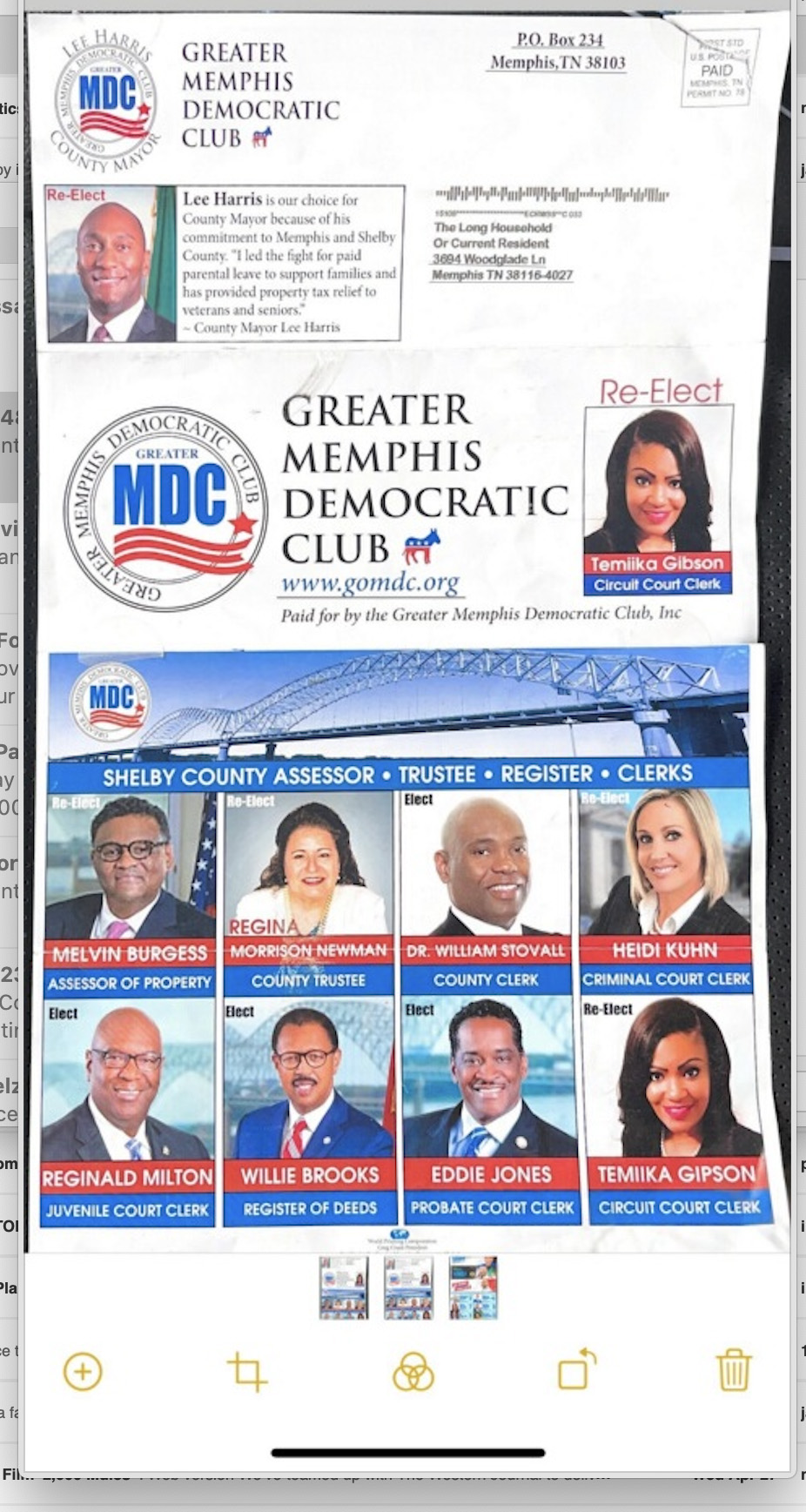There was a dreamlike quality to returning to the Beale Street Music Festival (BSMF) after so long. The last one was in 2019, and through the first months of the pandemic some wondered if it would ever return. But yesterday, there it was, under a brilliant, sunny sky and a balmy breeze.
Appropriately, a Memphis act kicked off my BSMF experience, as Amy LaVere and band launched into one of the most eclectic catalogs of any Memphis artist. The band, too, felt dreamy upon this return of the Memphis concert institution, and their enthusiasm was contagious as they tacked between slinky grooves, loping ballads, and full-on rock stomps. LaVere’s elation was clear as she blew the audience kisses.

Just as they finished, the indomitable Al Kapone took to the Bud Light Stage: another hometown hero at bat. He made it clear that his staying power is unchallenged, especially in his bold genre-hopping numbers, deftly combining Memphis trap beats with wailing blues. The combination of the two is something he’s been pursuing of late, in a way that’s uniquely his, and it sounded like Memphis to these ears. When he closed with “Whoop That Trick,” which Kapone penned for Craig Brewer’s Hustle and Flow, and which has become something of an anthem at Grizzlies games, the entire festival crowd — even security guards and patrons lingering away from the stages — stood up and sang along, as he yelled, “Did you want to see us go up in flames?” and the stage erupted with fireworks in the broad daylight.

From there, I made my way through the huge space. One can always navigate by the huge Ferris wheel in the center of the fairgrounds, and my sense of direction was saved by it more than once. Indeed, it led me to the next act, which I had been greatly anticipating: Van Morrison.
Morrison tends to be a polarizing artist these days, partly because of his irresponsible — and very public — resistance to Covid health measures. But the power of his legacy is undeniable in this writer’s eyes, overshadowing any late-in-life choices he may be making now. And indeed, when he took to the stage in a natty blue suit, playing saxophone, all such controversy was swept away by a crowd eager to see a legend at work.

The zoot suit seemed to evoke the young Van Morrison more than the controversial modern one, almost a nod to his earliest Beatnik tendencies. And the band, comprising another sax player, two guitarists, two drummers, an elderly Hammond B-3 player, a keyboardist-vibraphonist, and a back up singer, seemed to excel at the classic sounds Morrison must have grown up with, especially the light ska-like lilt of blue beat music that took the U.K. and Ireland by storm in the late ’50s and early ’60s. In fact, they opened with a peppy number in that vein, then ran through a full hour and a half of songs both old and new.
Among his classic works, standouts were “And It Stoned Me,” “Wild Night,” not to mention a blues mash-up that included Morrison singing “Parchman Farm” through his harmonica mic, adding glorious grit to the otherwise very clean band. The big finish was “Brown Eyed Girl” and “Gloria,” but for me the highlight was an extended workout of “Baby Please Don’t Go,” another gem from his time with the band Them.
From there, after a bit of fair food to bolster my energy, it was time to head back to the Bud Light Stage for the ultimate heroic homecoming: Three 6 Mafia. A huge crowd seemed to fill every nook and cranny of the area before the stage, and as the rappers assembled, complete with dozens friends and family crowding around the sides of the stage, the crowd was easily led into the call and response of “Three 6!” — “Mafia!”
Every chorus was echoed deftly by thousands of super-fans, as Juicy J and DJ Paul, joined for most of the set by Gangsta Boo, hammered out a flawless set. As one dreadlocked fan told me, “They’re at their peak! They brought out Gangsta Boo, which they haven’t done in a while, and it’s a hometown crowd. I came here just to see them. They’re so important because they connected orchestrated music with trap, and they are hittin’ it so hard right now!”

And they were, ever on-point and aware of their legacy. At one point, DJ Paul exhorted the crowd to “lift up your lighters, or your cell phones. If you ain’t got a cell phone, get the fuck outta here! Now wave them in the air.” As we all did, he announced “R.I.P. Lord Infamous,” and the crowd reflected on the life of the now deceased founding member.
An air of gratitude permeated their vibe, set off by the entourage that surrounded the performers, standing onstage with them for the entire set. And so it made a great deal of sense to end it with gratitude. “Thank you, Memphis, for listening to Three 6 for 20 years! And thank you to the Grizzlies for being great!”
With that, the night was over, but for one last flourish: fireworks that echoed throughout Midtown as we drove home, until nearly 12:30 a.m. A fitting end to a glorious return to form.













